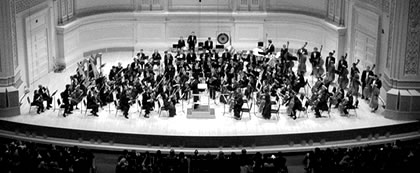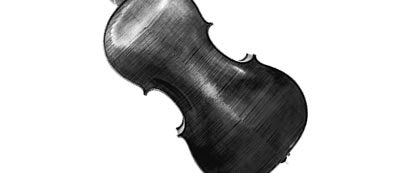Here is a longer post than normal which highlights the importance of reading the actual study rather than just the news report.
First a quote from the report: “The idea that studying music improves the intellect is not a new one, but at last there is incontrovertible evidence from a study conducted out of the University of Toronto.”
And here is what the study says in it’s conclusion: “The findings indicate that music lessons cause small increases in IQ, but comparable nonmusical activities do not have similar consequences.” and continues: “It is well established that simple attendance at school raises IQ (Ceci & Williams, 1997), and that school instruction is particularly effective when classes are small (Ehrenberg, Brewer, Gamoran, & Wilms, 2001). Music lessons, taught individually or in small groups, may provide additional boosts in IQ because they are like school but still enjoyable. Moreover, music lessons involve a multiplicity of experiences that could generate improvement in a wide range of abilities. From this perspective, extracurricular activities (other than drama lessons) with similar properties (e.g., chess lessons, programs in science or reading) may confer similar benefits.”
[From
Medical News Today]
[From
The American Psychological Society]











 Imagine you had a cross-wiring in your brain that caused information to leak from your sense of sounds into your sense of taste. This could mean that each time you hear C sharp you taste a sprout. A similar effect might happen across other senses. Words or numbers could have colours, shapes might have tastes or sounds might have associated smells.
Imagine you had a cross-wiring in your brain that caused information to leak from your sense of sounds into your sense of taste. This could mean that each time you hear C sharp you taste a sprout. A similar effect might happen across other senses. Words or numbers could have colours, shapes might have tastes or sounds might have associated smells.